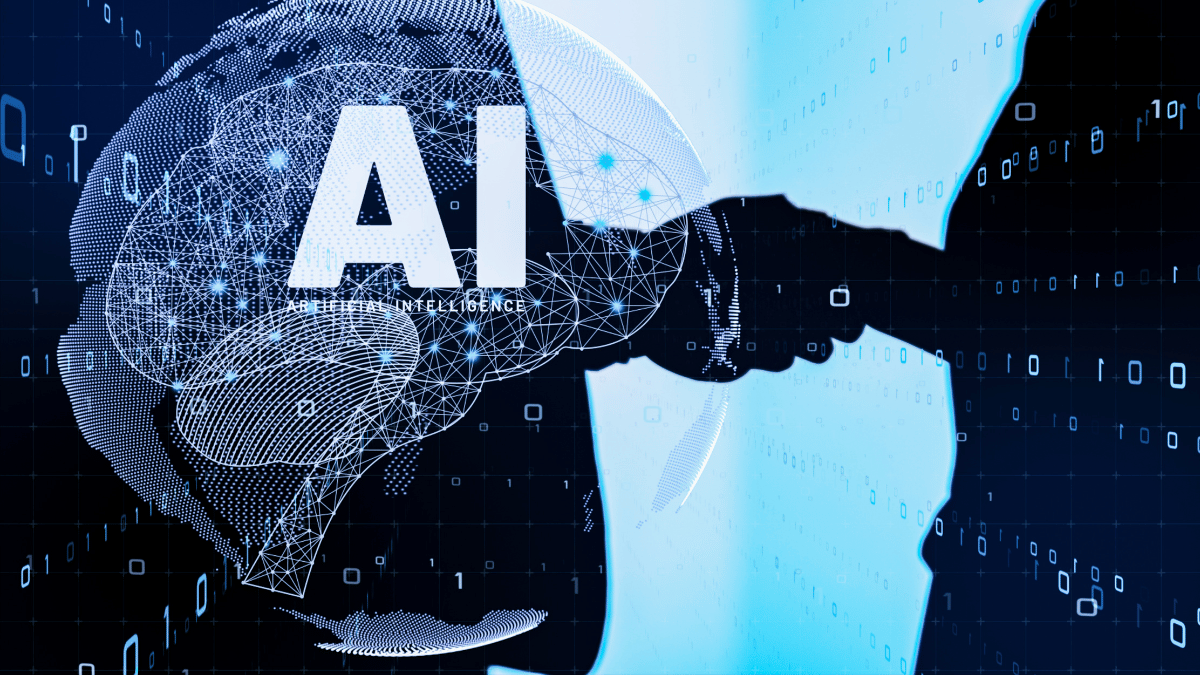
Generative AI: Revolutionizing Product Design
Welcome back to the Modulair Studio blog! Following our introduction to AI-native solutions and their pivotal role in business transformation, we're diving deeper into one of AI's most exciting frontiers: generative AI. At Modulair Studio, our small but mighty team harnesses generative AI not as a replacement for human creativity, but as a powerful amplifier that enhances our critical thinking and intuition. This allows us to deliver innovative, efficient design solutions tailored to client needs. In this post, we'll explore how generative AI is reshaping product design, with real-world examples from automotive and aerospace industries, and share a hypothetical case study illustrating our AI-augmented approach.
Understanding Generative AI in Product Design
Generative AI refers to advanced algorithms that create new content, designs, or prototypes based on input parameters, such as user specifications, constraints, or data sets. Unlike traditional design tools that require manual iteration, generative AI uses machine learning to explore thousands of variations rapidly, optimizing for factors like performance, cost, and aesthetics. In product design, this means accelerating the journey from concept to prototype, enabling engineers and designers to focus on high-level innovation.
In 2025, generative AI is maturing beyond hype, with tools like Autodesk's generative design features or custom models built on platforms like Grok and Gemini enabling unprecedented efficiency. According to PwC's 2025 AI Business Predictions, AI-powered R&D can cut product development lifecycles in half while reducing costs by up to 30% [6]. This isn't just theoretical—it's transforming industries where precision and speed are paramount.
Applications in Automotive and Aerospace Industries
Generative AI is particularly revolutionary in complex sectors like automotive and aerospace, where designs must balance aerodynamics, materials, safety, and sustainability.

Automotive Design
In the automotive industry, generative AI streamlines vehicle engineering by automating iterative processes. For instance, it can generate optimized chassis designs or interior layouts that minimize weight while maximizing strength. A 2025 report from McKinsey highlights how generative AI improves software development in automotive, potentially reducing coding time and enhancing embedded systems for electric vehicles [19]. Companies like Kia are already using generative AI to ideate faster, accelerating design from sketches to prototypes [22]. Perforce's 2025 automotive trends note that generative AI assists in drafting code for resource-constrained environments, cutting development cycles and fostering innovation in autonomous driving features [18]. Forbes reports that vehicle manufacturers leverage generative AI to iterate on designs, speeding up engineering by exploring variations that humans might overlook [24].
Aerospace Industry
Aerospace benefits similarly, with generative AI optimizing components for weight reduction and fuel efficiency—critical for aircraft and spacecraft. eInfochips' 2025 analysis describes how generative AI equips engineers with tools to enhance processes, improve safety, and expand innovation frontiers in aerospace [9]. Deloitte's 2025 Aerospace and Defense Outlook predicts AI, including generative models, will accelerate progress in aftermarket services and design, with nearly half of companies planning AI implementation by mid-2025 [10]. Jama Software's expert predictions for 2025 emphasize generative design in model-based approaches, enabling multi-disciplinary optimization for complex aerospace systems [13]. Secure Components notes that generative AI revolutionizes aircraft design efficiency and maintenance, with most aerospace firms expected to adopt it internally within years [16].
These examples illustrate generative AI's ability to reduce design time by up to 50%, as per PwC, allowing industries to innovate faster amid rising demands for sustainability and customization [0].
The Modulair Studio Approach: Human-AI Synergy in Action
At Modulair Studio, generative AI is integrated into our workflows to augment our team's human strengths—strategic foresight, creative intuition, and technical rigor—rather than supplant them. Our strategist uses Miro's AI features to brainstorm parameters and constraints, ensuring designs align with business goals. The designer leverages Figma's generative tools for rapid prototyping, infusing human empathy to refine AI-generated outputs for user-centric appeal. Our developer employs Grok and Gemini to optimize code underlying these designs, applying critical thinking to validate and iterate for robustness.
This synergy ensures ethical, scalable solutions. Guided by principles like transparency and fairness, we prioritize human oversight to mitigate biases and align with client values. As we develop our own AI applications, this balanced approach will further empower businesses.

Looking Ahead: The Future of Generative AI in Design
As 2025 unfolds, generative AI will continue to democratize product design, making advanced tools accessible to smaller teams like ours at Modulair Studio. However, success hinges on human-AI collaboration—leveraging AI for efficiency while relying on human judgment for creativity and ethics. Whether you're in automotive, aerospace, or beyond, embracing generative AI can unlock new possibilities.
Stay tuned for more insights from Modulair Studio on AI's role in development and business. If you're ready to revolutionize your product design, contact us at [insert contact link] to explore how our AI-native expertise can elevate your vision.
Sources Cited:
[0] PwC: Private companies and AI in 2025
[6] PwC: 2025 AI Business Predictions
[9] eInfochips: Generative AI: Transforming the Aerospace Industry
[10] Deloitte: 2025 Aerospace and Defense Industry Outlook
[13] Jama Software: 2025 Expert Predictions for Aerospace and Defense
[16] Secure Components: How Generative AI Is Revolutionizing the Aerospace Industry
[18] Perforce: Automotive Industry Trends 2025: AI in Automotive Software
[19] McKinsey: Generative AI in automotive software development
[22] Kia Global Design explores generative AI for automotive design
[24] Forbes: AI Takes The Wheel In Accelerating The Automotive Industry


